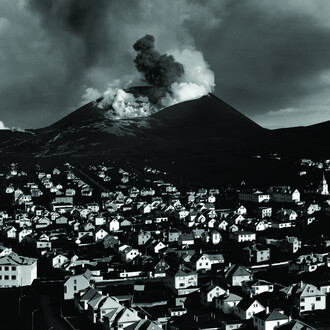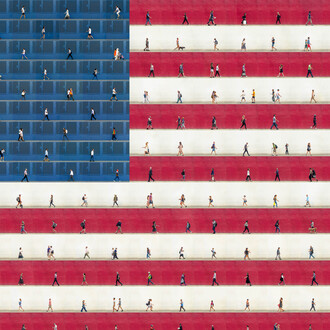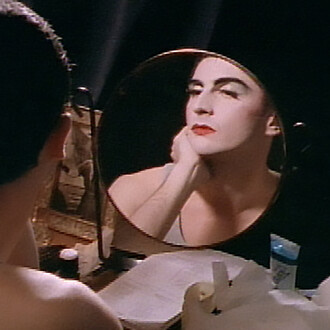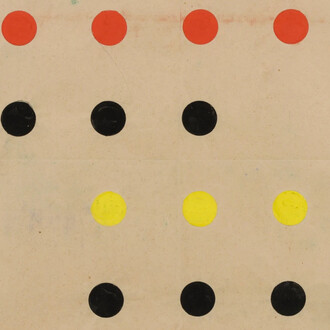Benrubi Gallery is pleased to announce Brooklyn-based photographer Corinne May Botz’s Bedside Manner, her first solo show with the gallery. As in The Nutshell Studies of Unexplained Death, her acclaimed series of photographs of doll house–sized crime-scene dioramas built in the 1940s, Bedside Manner blurs the line between the actual and the artificial in a series of images that powerfully evoke the Freudian uncanny—something that is strangely familiar yet resists classification.
The subject here is the little-known world of medical simulations, in which trained medical actors portray so-called “standardized patients” in order to help medical students improve their diagnostic and interpersonal skills. Botz photographed the medical actors through two-way mirrors, visible in the frame, which creates an immediate sense of voyeurism as well as dread. The relationship between viewer and subject is further complicated by the viewer’s difficulty in pinpointing the exact nature of what is being depicted. In some photographs, there is no indication that we’re looking at a performance; in others, the inclusion of props—a child-sized plastic arm, a couple in tense vigil at the bedside of a simulation mannequin with a bloody rag pressed to its forehead—suggest a re-enactment of some kind, but its nature remains opaque and unsettling.
The photographs simultaneously elicit and circumscribe an emotional response, as viewers are forced to contemplate their reactions not just to sickness, injury, and hospitals, but also to the innumerable images of human suffering we are confronted with on a daily basis, whether for entertainment or edification. As such, the photographs contain an ethical aspect as well, as we question their effect on our own empathic processes, and are reminded of the way in which even real patients “play sick” in order to solicit care from doctors and nurses. As with the student-doctors for whom these simulations were performed, we are forced to interrogate which aspects of these scenes are not just true but relevant to our own medical history.
Also included in the show is the short film Bedside Manner, in which neurologist Dr. Alice Flaherty plays herself as doctor, patient and standardized patient in a narrative that forces spectators to decipher what is authentic in the main character’s narrative. To paraphrase Flaherty: she is a doctor learning how to be a patient, in order to teach doctors how to be better doctors. In regards to the discourse concerning empathy, we are left not only thinking about what patients feel but what student-doctors feel as they go through the process of becoming an “authority.”
Corinne May Botz (b. 1977) was born in Ridgewood, N.J. She earned a Bachelor degree in Fine Art from Maryland Institute, College of Art and a Master of Fine Arts from Milton Avery School of the Arts, Bard College. Botz’s photographs have been internationally exhibited at such institutions as the Museum of Contemporary Photography, Chicago, Illinois; Wurttembergischer Kunstverein, Stuttgart, Germany; De Appel, Amsterdam; and Turner Contemporary, Margate, UK. She is the author of Haunted Houses (Monacelli Press, 2010) and The Nutshell Studies of Unexplained Death (Monacelli Press, 2004). She is the recipient of both the New York Foundation for the Arts and the Jerome Foundation grants. Botz is on the faculty of International Center of Photography and John Jay College of Criminal Justice.



















